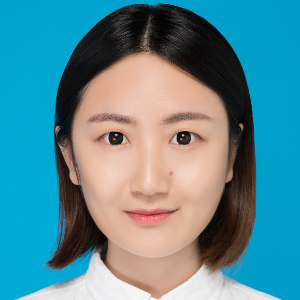Title : Research on the antidepressant effects and mechanisms of polygonati rhizoma polysaccharides
Abstract:
Depression has become one of the most common types of psychological disorders, characterized by prolonged depressed mood, which severely limits people's psychosocial abilities and greatly reduces the quality of life. Although there are a variety of depression treatment drugs, long-term use is often accompanied by side effects, and there is an urgent need to develop new ingredients to prevent and treat depression. Food and medicine homologues are characterized by high safety, wide sources, wide variety and low adverse effects, so it is important to explore the natural functional factors with the antidepressant effects from food and medicine homologues. As one of the food and medicine homologues in China, Polygonati Rhizoma has diverse bioactive effects. Our research have firstly demonstrated that Polygonati Rhizoma polysaccharides (PSP) effectively reversed the depressive-like behaviors induced by chronic unpredictable mild stress both in mice and zebrafish. Its antidepressant-like effects might be mediated by altering the HPA axis dysfunction, up-regulating the neurotransmitters (5-HT and NE) levels, inhibiting the neuroinflammation, regulating the gut microbiota composition and increasing the SCFAs levels. The activities of anti-inflammation, inhibiting HPA axis hyperactivation and normalizing neurotransmitter levels of PSP may be related to the regulation of and polysaccharide is one of the main active components of it. In addition, PSP can exert the anti-inflammatory effects by inhibiting M1 phenotype polarization and promoting microglia polarization toward M2 phenotype, and its regulation of microglia M1/M2 polarization may be related to BDNF/TrkB/CREB and Notch signaling pathways.The current results provides a new insight into the potential of PSP in prevention and treatment of depression and a theoretical basis for the development of novel antidepressant drugs for PSP.




